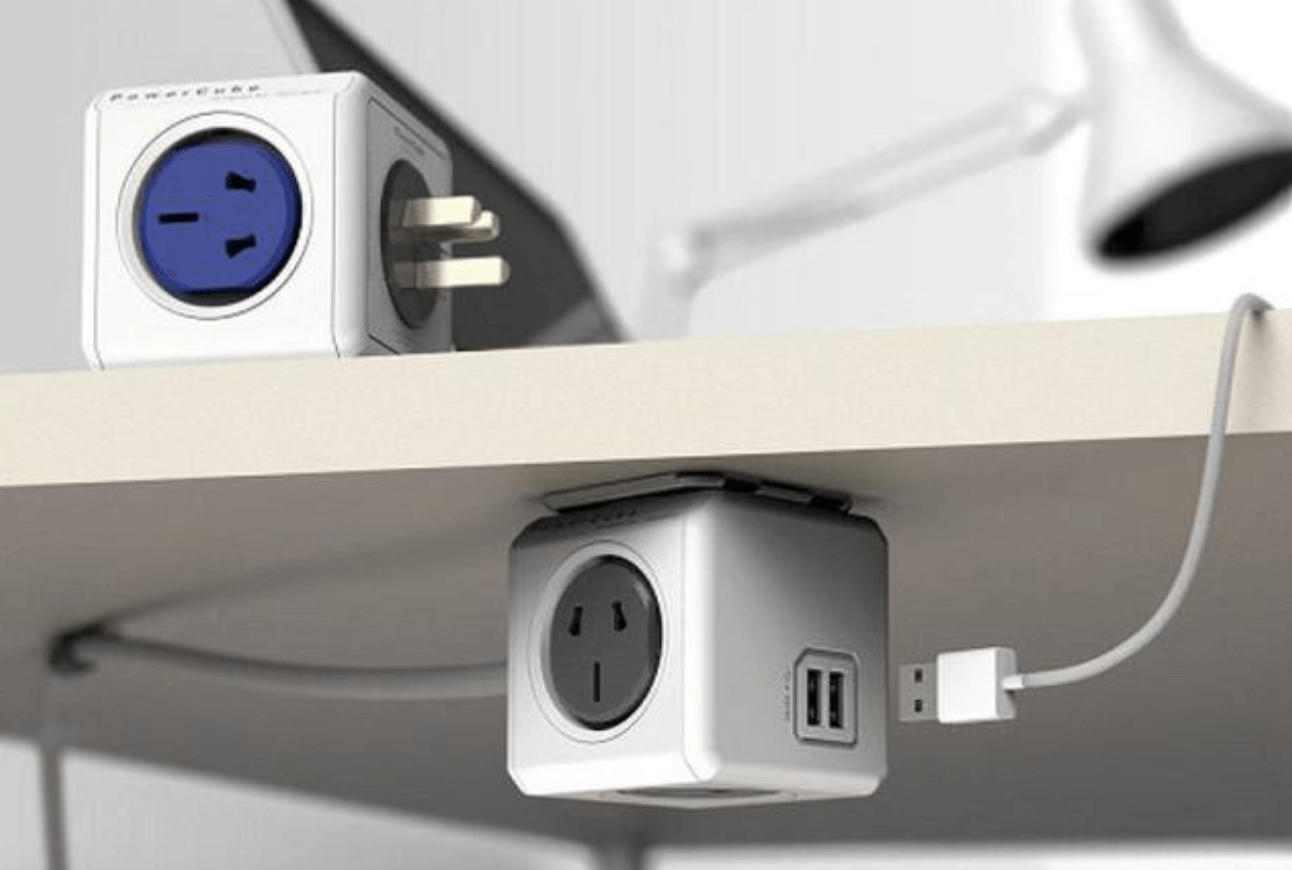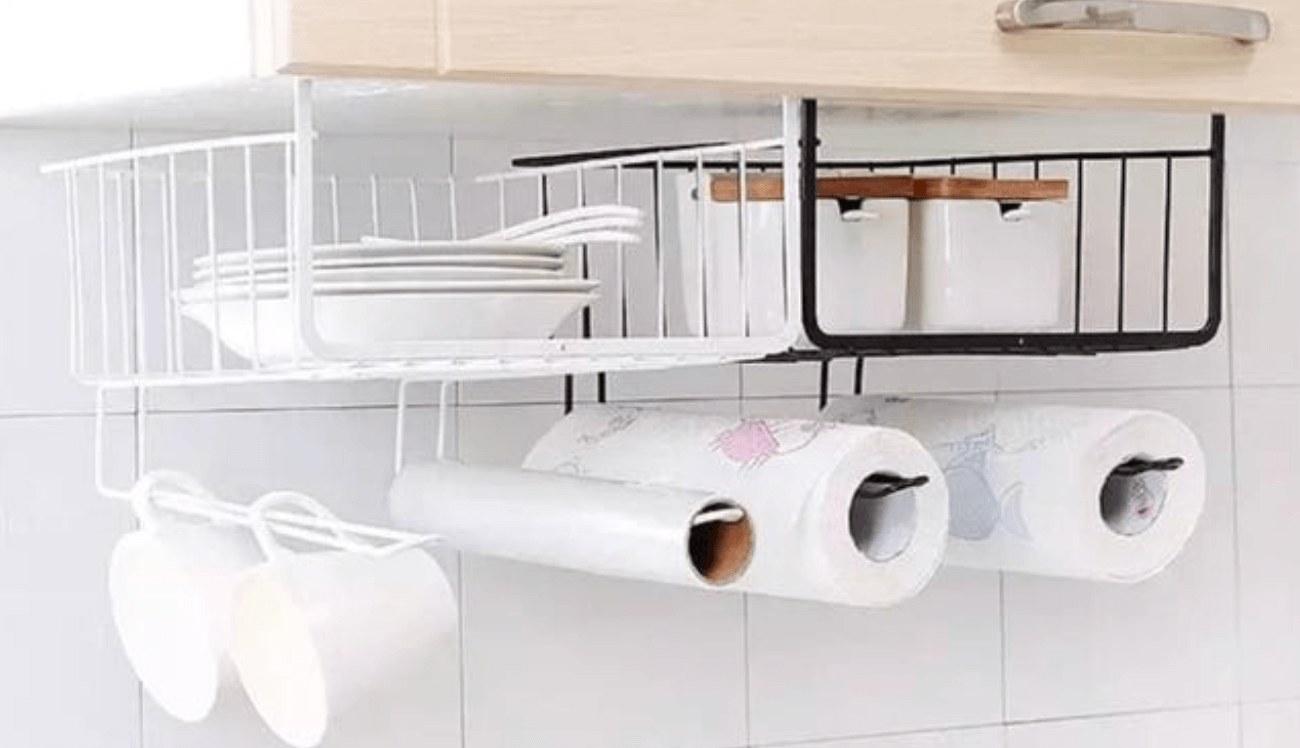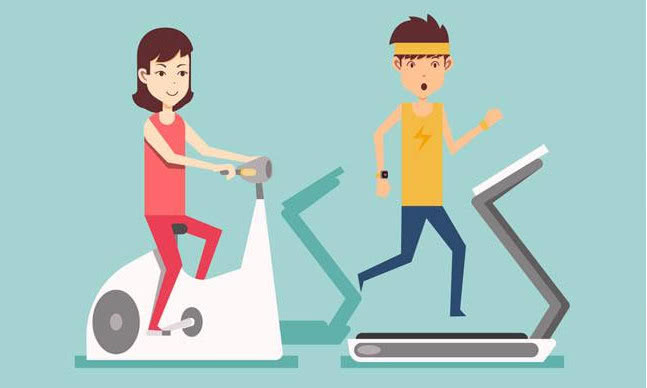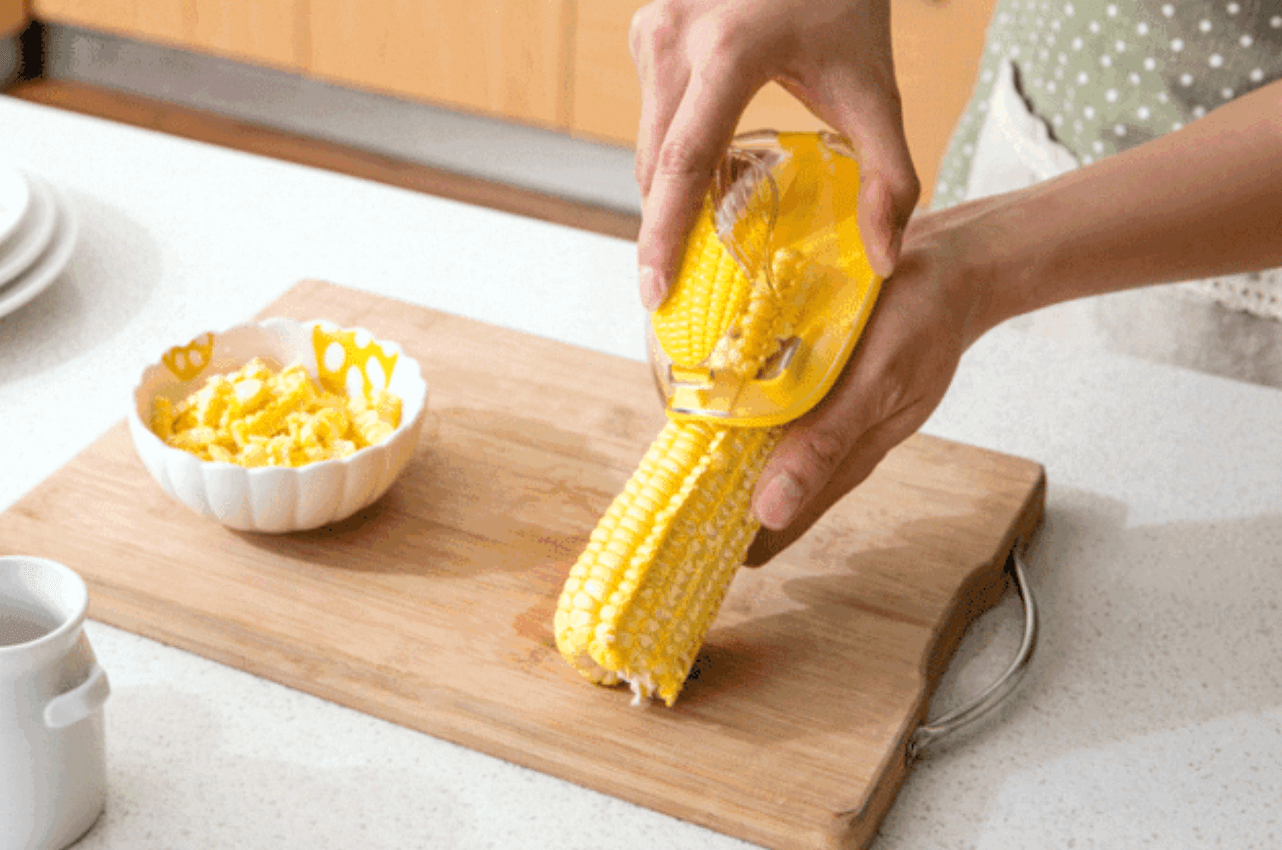The stomach is one of the most important organs in the body, helping to digest food and deliver nutrients to the organs so that the body can function properly.
However, if you do not pay attention to your stomach, it can cause a variety of discomforts and you will need a gastroscopy to confirm the disease.

What are the most suitable cases for gastroscopy?
1. Pain in the upper abdomen and around the belly button
If you feel pain in your upper abdomen or around your belly button, and you always feel heartburn and acid reflux, and you lose weight suddenly in a short period of time, accompanied by unexplained diarrhoea, vomiting blood and other symptoms, you should actively do a gastroscopy.
2. People over 45 years old
Because stomach function will gradually decline with age and the stomach is susceptible to discomfort from various problems, regular gastroscopy should be done after the age of 45 to understand the condition of the stomach.
3. After stomach surgery
Stomach surgery such as tumour and gastric polyp removal requires gastroscopy after surgery to understand the recovery of the body in order for the doctor to develop a repair plan according to the situation.

What should I pay attention to when having a gastroscopy?
The first thing you need to do before having a gastroscopy is to fast for more than 6 hours. The presence of food in the stomach can produce gas and affect the examination, so you should fast and abstain from food and water.
If you are doing a painless gastroscopy, you should do blood tests and ECG before the procedure to understand the liver and kidney functions and whether there are any abnormalities in the heart in order to let the doctor know, and pay more attention during the examination.
Secondly, during the examination the patient should relax and not let the body get tense. Tightness can cause irritation of the gastric mucosa when the examination tube enters the throat and reaches the stomach, and can also hurt the blood vessels in the throat due to the increased difficulty.
It is also important to breathe through your nose during the examination and not to pull on the tube with your hands when you feel uncomfortable to avoid damaging your throat and stomach.
Be careful not to eat until two hours after the examination as the mucous membrane of the throat is irritated, so keep a liquid diet to avoid irritating the throat and causing increased discomfort.
If you are having a painless gastroscopy, you will need to wait for the anaesthetic to wear off and stay in hospital for observation before you can be discharged.
Warm Tips
It is normal to feel discomfort in the throat after gastroscopy. This is mainly due to the irritation of the throat mucosa by the gastroscope tube during the examination, so just keep your diet light to prevent further irritation of the throat mucosa.
If you feel more discomfort, you can take tablets to clear your throat and reduce swelling, or take anti-infective drugs under the guidance of your doctor to avoid friction and inflammation.
Popular Articles
-
The world's smallest egg: Hummingbird eggs, weighing only 0.2 grams

-
 Cooling drink in autumn honey pomelo tea
Cooling drink in autumn honey pomelo teaJul 10, 2025
-
 Daily life essential goodies recommended
Daily life essential goodies recommendedJul 10, 2025
-
 Super good kitchen storage methods, known as the best kitchen storage template
Super good kitchen storage methods, known as the best kitchen storage templateJul 10, 2025
-
 Treadmill PK elliptical machine, which is more fat burning?
Treadmill PK elliptical machine, which is more fat burning?Jul 10, 2025
-
 Recommend a few good things to make your kitchen sophisticated
Recommend a few good things to make your kitchen sophisticatedJul 10, 2025







Comments
0